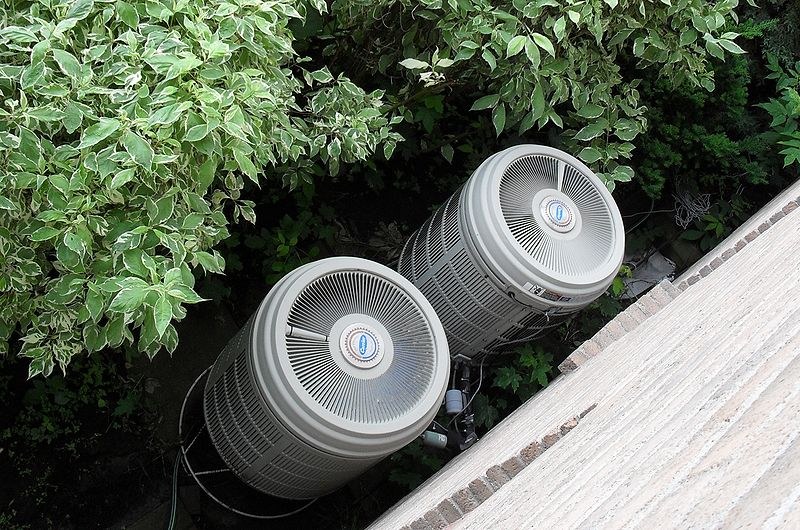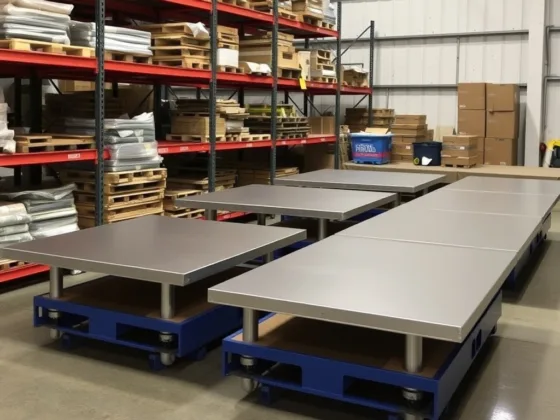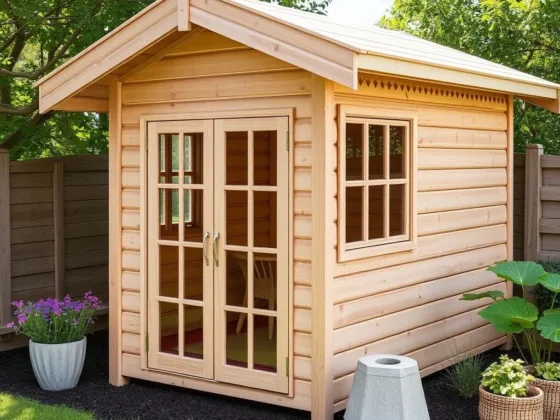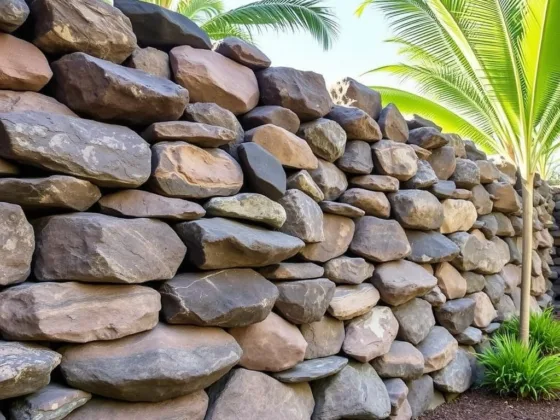Table of Contents Show
Did you know that heat pumps are considered green energy since they have less of an impact on the environment?

Since the technology has improved rapidly over the years, you now have plenty of options to choose from in the market. This can make it challenging to find the right one for your needs.
One of the best ways to start is by learning about the different types of heat pumps that you have to choose. Keep reading and find out.
Air-Source Heat Pumps
Air source heat pumps transfer heat energy between the air inside and outside of a structure. It typically uses the same refrigerant circulated in a closed-loop system to absorb warm air from the inside and deposit it back outside.
They are effective at both cooling and heating and are highly energy efficient. Air source heat pumps are not ideal in areas with extreme temperatures.
This is because they must be supplemented with another heating source when temperatures fall below freezing. They are also less energy efficient when ambient temperatures are below 40F.
Ground-Source and Geothermal Heat Pumps
A ground source heat pump (or geothermal heat pump) uses energy from the ground to transfer heat from the earth up into the home in the winter.
One advantage over air-source heat pumps is the ability to run at lower temperatures, which is more effective for home heating and cooling. These are more efficient in areas of the country where temperatures fluctuate substantially.
The installation of this type is more involved and costs more upfront, but it pays off in the long run due to the reduced energy costs. With proper maintenance, it can last up to 50 years and provides a reliable, efficient heating and cooling solution.
Read Also:
Water-Source Heat Pumps
This type utilizes energy from a water source such as a pond, lake, or well to provide both cooling and warmth to your living space.
In winter, it extracts heat from the water source and serves as a heater, and in summer, it extracts heat from the living space and deposits it back into the body of water.
Water source heat pumps require some additional infrastructure, such as an underground piping system and an air conditioning unit. Click for heat pumps installation services to find out more information.
Hybrid Systems
As the name suggests, hybrid heat pump systems offer the benefits of both heat pumps and either gas-fired furnaces or natural gas boilers.
For example, in cold climates, the heat pump alone is often not efficient enough to keep homes comfortable, so the furnace or boiler provides an extra heat boost in the winter months.
Conversely, a hybrid system can switch to using the more efficient heat pump if temperatures rise, allowing you to ‘downshift’ you’re heating and cooling needs and lower your monthly energy costs.
Choose the Best Types of Heat Pumps for Your Home
Heat pumps are an energy-efficient way to both warm and cool your home. They are an energy-efficient alternative to traditional heating and cooling systems. With various options available, there will surely be one to meet your needs.
To learn more about the different types of heat pumps available in your area, contact your local heating and cooling specialist today. For more articles like this, visit the rest of our site.









